NIT AP collaboration: In line with great NEP 2020
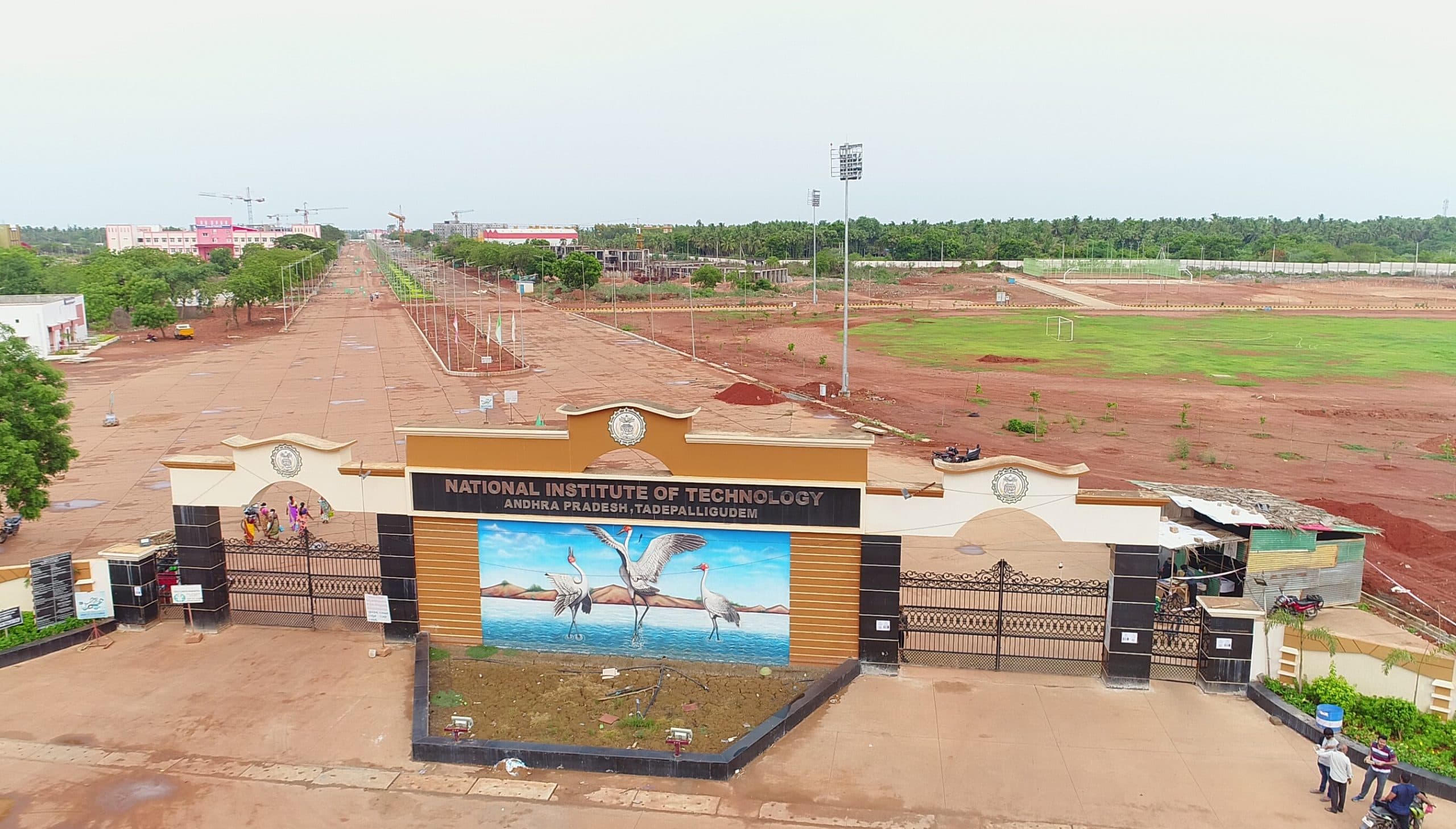
NIT AP collaboration with neighborhood state government funded universities was formed with a motive to form educational cluster group covering East and West Godavari districts of Andhra Pradesh.
NIT AP collaboration objective
The objective behind NIT AP collaboration is to foster research based local community service projects in line with the vision of National Educational Policy 2020 (NEP 2020).

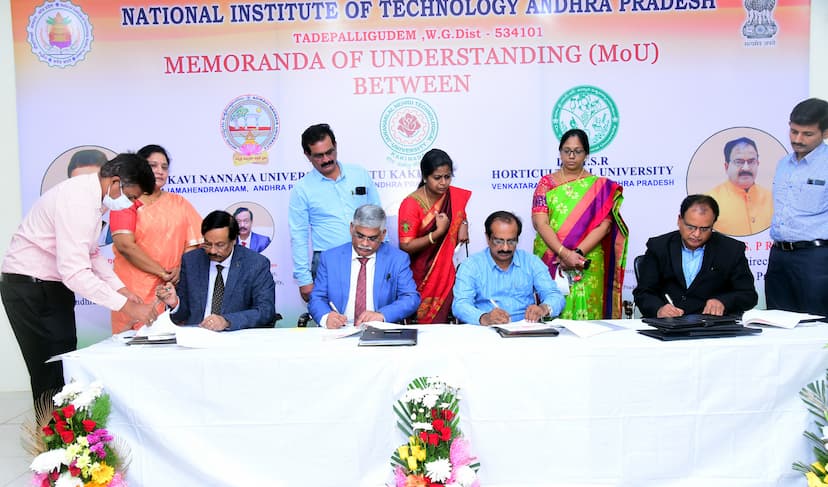
The agreements were signed by Professor C.S.P. Rao, Director, NIT Andhra Pradesh, Professor GV.R. Prasada Raju, Vice-Chancellor, JNTU Kakinada, Professor T. Janakiram, Vice-Chancellor, Dr. Y.S.R. Horticulture University and Professor M. Jagannadha Rao, Vice-Chancellor, Adikavi Nannaya University marking the beginning of NIT AP collaboration.
Check out top 20 colleges in Gujarat.
Professor K. Hemachandra Reddy
Chairman of Andhra Pradesh State Council of Higher Education Professor K. Hemachandra Reddy highlighted about the unique aspectes of NIT AP collaboration.
‘As per the recommendations of AP Higher Education Planning Board, this Regional Cluster Group is requested to study the potential areas for inter-institutional collaborations among the Central and State Universities in the districts and mapped to collaborate in the areas of academic programmes, faculty exchange, student exchange, common research projects, community service projects, sharing of infrastructural and research resources, among others.’

We are expecting to create a new knowledge forum as an outcome of this collaborative activity for universal needs, he said.
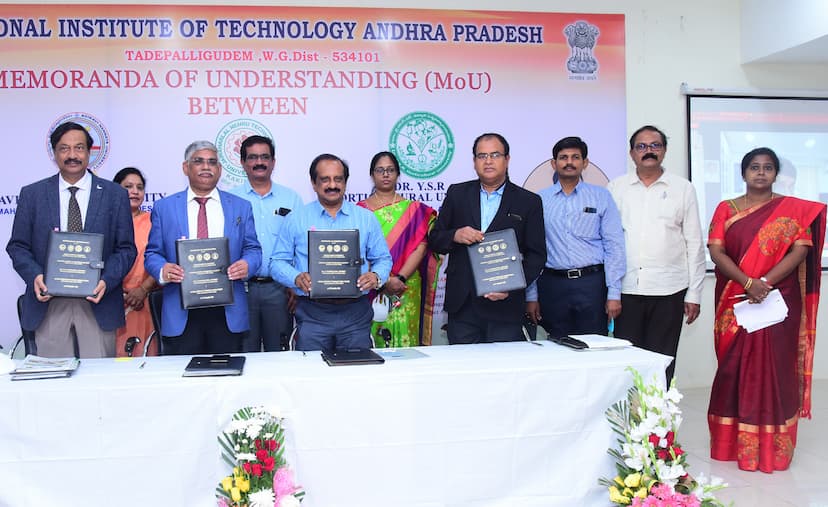
‘We have talented faculty, highly motivated students and good collaborative partners. The kind of benefit we are looking for is the creation of a new knowledge and learning platform to collaborate for executing local community service-based research projects.’

Also read ‘IIT Mandi and AIIMS Bilaspur sign an MoU for undertaking great work’
Speaking further about NIT AP collaboration he said higher educational institutions should focus on available resources and expertise at their respective places and generating funds through consultancy services for transforming as self-sustainable campuses in all aspects, he said.
‘Innovation based startups will be the future of student activities in the campus.’
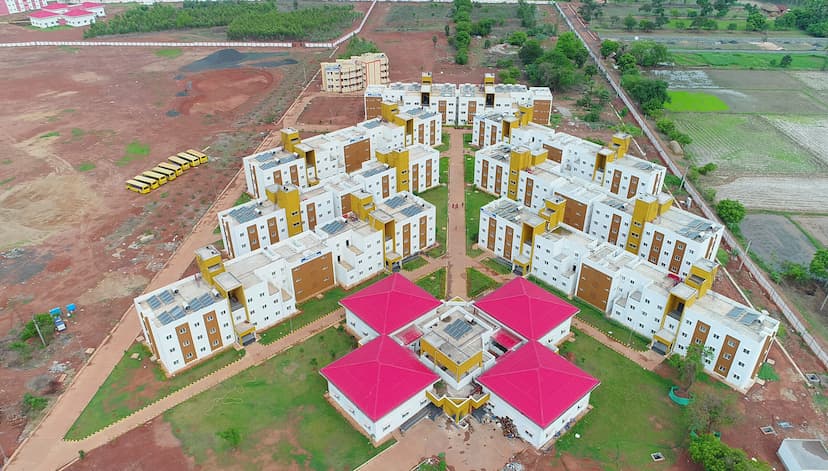

Ø All parties will encourage mentorship and co-operation between their faculty, administrative staff, department and research extension centres
Ø Joint research and continuing education activities and guidance of student projects/thesis on mutually agreeable terms.
Ø Facilitating student and faculty exchange programmes, training and development activities on best practices in academics and research.
Also Read – Top 20 colleges in Goa
Ø Share the research and related infrastructure on mutually agreeable terms.
Ø Shall design and implement joint academic programs at UG and PG level in their institutes.
Ø Provide support and/or jointly conduct seminars, training workshops, conferences, publications and other such activities.
Ø Other activities as deemed mutually appropriate
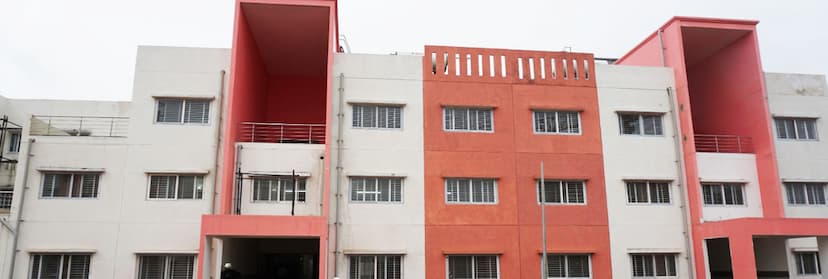
National Institute of Technology Andhra Pradesh is an ‘Institute of National Importance’ and is the 31st institution among the chain of NITs started by the Government of India.
NIT Andhra Pradesh is established in the State of Andhra Pradesh during in the academic year 2015-16.
A new campus has been established with 172.6 acres of land adjacent to Chennai-Kolkata Highway (NH-16) in the air-strip lands of Tadepalligudem. Presently the institute is fully running from the permanent campus.
NIT Andhra Pradesh offers B.Tech. programmes in eight engineering branches – Bio-Technology, Chemical Engineering, Civil Engineering, Computer Science and Engineering, Electrical Engineering, Electronics and Communication Engineering, Mechanical Engineering, and Metallurgical and Materials Engineering besides M.Tech. programme in eight specializations.
The Institute also offers Ph.D. (both under Full-time and Part-time modes) programme in the above-mentioned engineering branches, Sciences, Humanities and Management, viz., Mathematics, Physics, Chemistry, English and Management, and M.S.(by Research) programme in the above-mentioned eight engineering branches.
NIT Andhra Pradesh has a total of140 Faculty members and 2,657 students, of whom2,299 are undergraduate students, 100 are postgraduate students and 288 are PhD Research Scholars.
The Institute is committed to nurture and produce highly competent engineers, scientists and entrepreneurs committed towards catering to futuristic societal challenges through holistic education synergetic with innovations and vibrant research eco-system.
The Institute is working towards implementing best practices in teaching-learning methodologies for establishing dynamic knowledge-connected society and create a conducive environment for carrying out research in multi-disciplinary areas and thereby nurturing novel thinking capabilities.
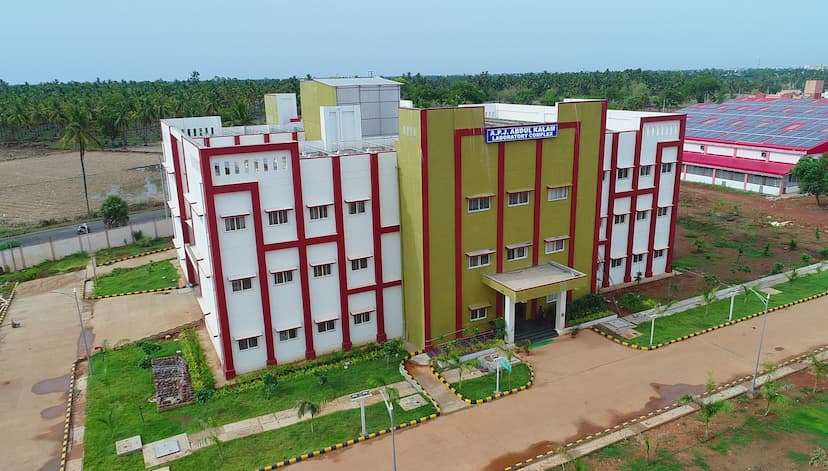
S Vishnu Sharmaa now works with collegechalo.com in the news team. His work involves writing articles related to the education sector in India with a keen focus on higher education issues. Journalism has always been a passion for him. He has more than 10 years of enriching experience with various media organizations like Eenadu, Webdunia, News Today, Infodea. He also has a strong interest in writing about defence and railway related issues.






